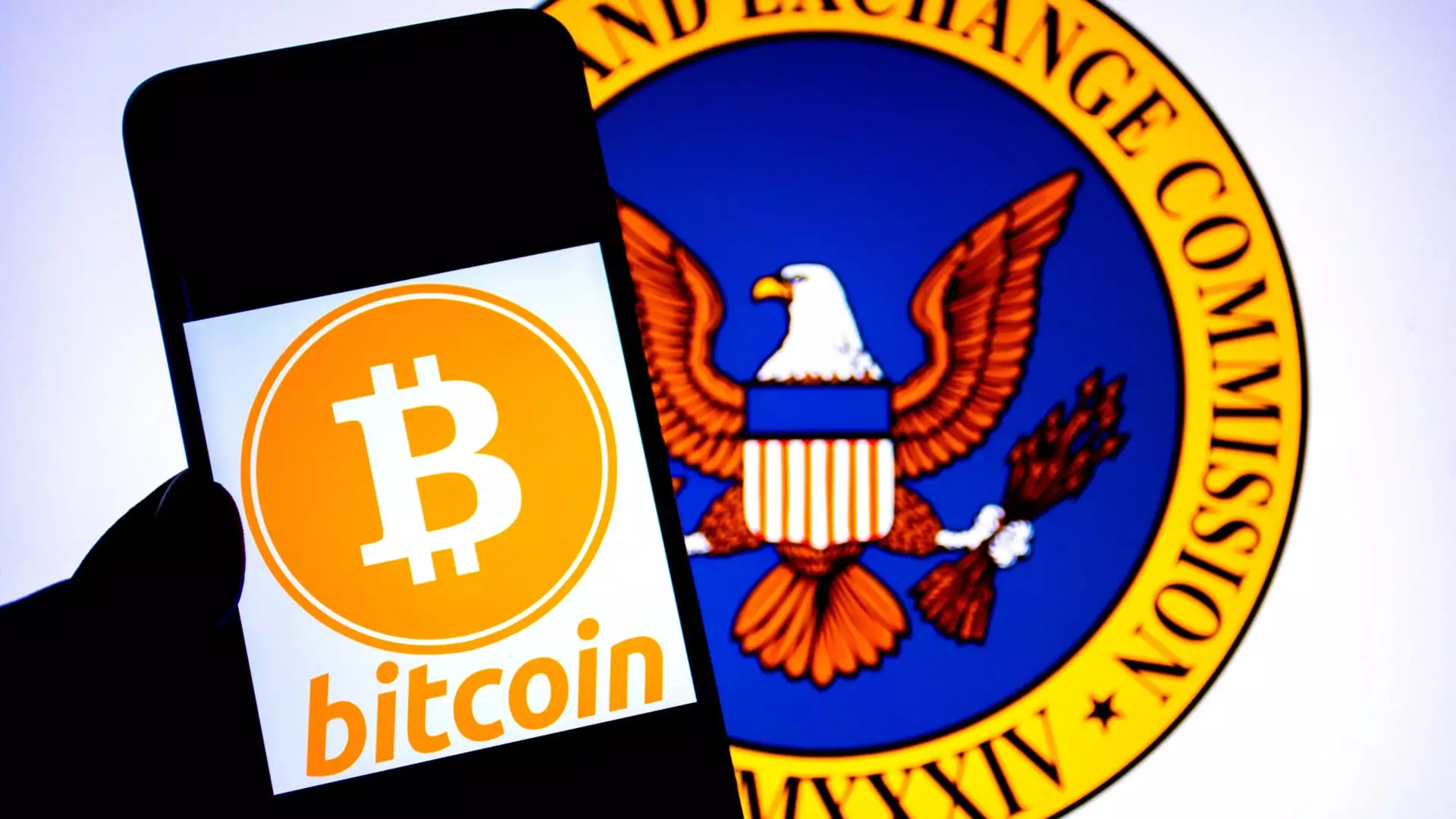In a pivotal turn of events, the U.S. Securities and Exchange Commission (SEC) has decided to annul the accounting regulation known as Staff Accounting Bulletin 121 (SAB 121). This guideline had previously required banks to categorize cryptocurrencies like Bitcoin as liabilities on their financial statements, a stipulation that significantly hampered the ability to engage meaningfully with digital assets. The revocation of this rule reflects a broader effort to encourage the integration of cryptocurrencies into mainstream finance, particularly within Wall Street.
SAB 121 was introduced in 2022 to impose stringent capital requirements on banks holding digital assets. The resulting financial burdens and elevated regulatory risks made offering cryptocurrency custody services less appealing, thus stymying broader institutional participation. Financial institutions were left with limited avenues for engaging with crypto, essentially only allowed to trade derivatives or offer exchange-traded funds (ETFs) to high-net-worth clients. This conservative approach resulted in a stifled environment for potential innovation within the sector.
The push to repeal SAB 121 garnered bipartisan support, highlighting a rare moment of consensus in a typically polarized political landscape. Last year, Congress attempted to introduce legislation aimed at rescinding the rule, but it was ultimately vetoed by then-President Joe Biden. This veto emphasized the complexities and political sensitivities surrounding cryptocurrency regulation, which often oscillates between cautious oversight and the desire for innovation in financial markets.
Criticism of the prior regulation didn’t just come from political figures; industry advocates expressed frustrations over the limitations imposed on their ability to navigate the evolving digital currency landscape. With substantial lobbying efforts from crypto industry leaders and supporters, the undoing of this regulation marks a significant victory that could lead to greater institutional engagement in the sector.
Implications for Financial Institutions
The SEC’s latest decision has been applauded by notable figures in the cryptocurrency and financial sectors. SEC Commissioner Hester Peirce, who has frequently championed a more progressive approach to crypto regulation, expressed her satisfaction with the move. She took to social media shortly after the repeal, reflecting on the positive implications for banks contemplating ventures into the digital realm.
As major banks such as Goldman Sachs, Morgan Stanley, and Bank of America consider their strategies in light of evolving regulations, the SEC’s change may signal the beginning of a broader acceptance of cryptocurrencies within traditional finance. Goldman Sachs’ CEO David Solomon indicated that the bank would reconsider its position on Bitcoin ownership contingent on these regulatory shifts, highlighting the shifting sentiment among financial institutions.
The revocation of SAB 121 marks a significant moment for the cryptocurrency landscape within the United States. As discussions about a new regulatory framework progress, the engagement of regulatory bodies, industry players, and political figures will be essential in shaping a future where digital currencies see broader adoption. The flexibility granted to financial institutions may catalyze innovation and diversification of crypto offerings, positioning them as integral components of traditional investment portfolios.
The SEC’s recent decision not only alleviates the burdens placed on banks by SAB 121 but also reflects a growing realization of the necessity to adapt regulatory frameworks to accommodate the fast-evolving world of cryptocurrencies. As the dust settles on this development, all eyes will be on both regulators and financial institutions as they navigate this new terrain together.

